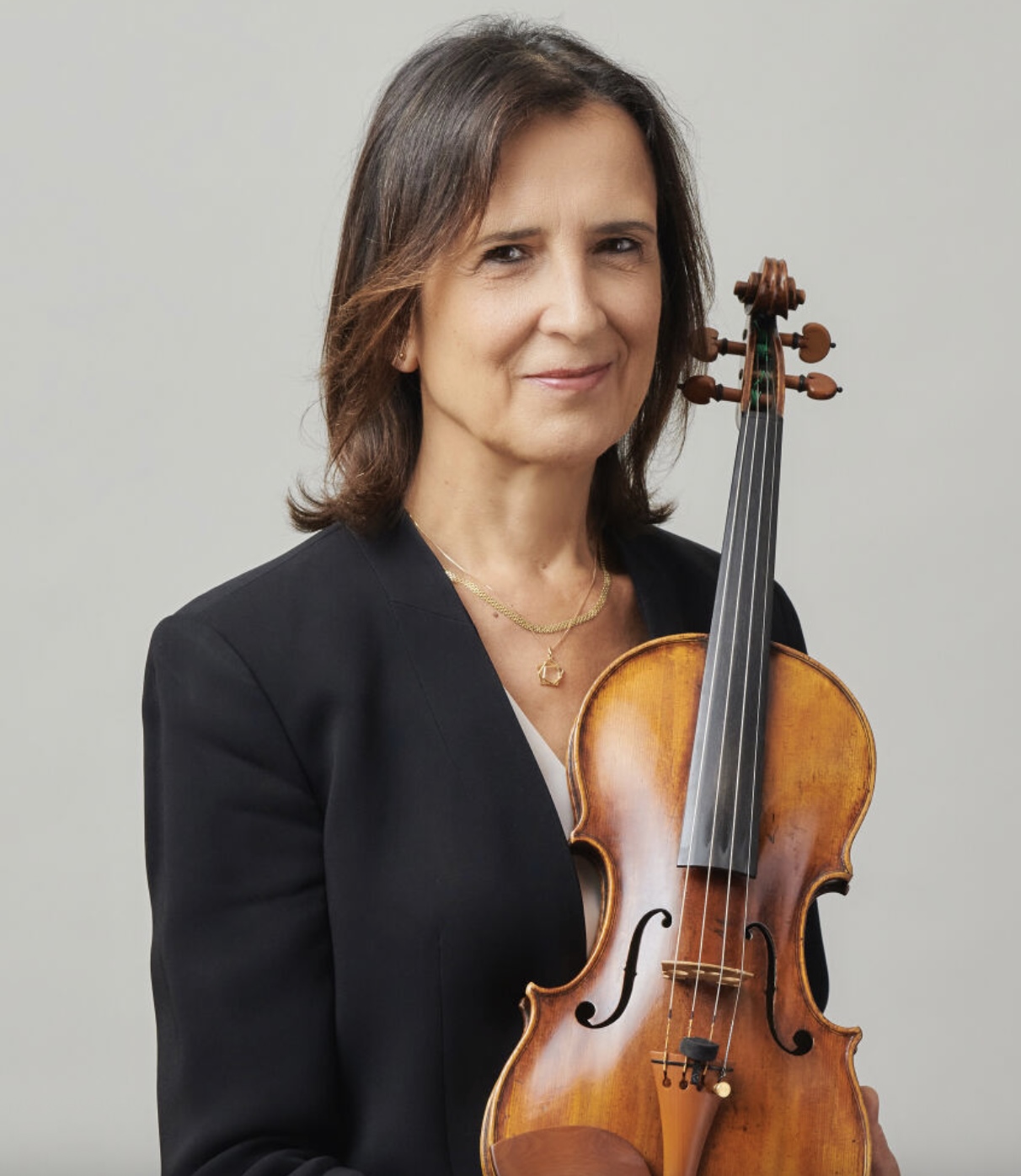Industry News
Berlin Phil Violinist Warns of Impending Bow Crisis
 Eva-Maria Tomasi, a Salzburg-born violinist and member of the Berlin Philharmonic since 1990, has warned of a crisis facing string players if the Convention on International Trade in Endangered Species of Wild Fauna and Flora (CITES) changes its rating on a type of Brazilian wood that is crucial for the manufacture of violin, viola, cello and double bass bows.
Eva-Maria Tomasi, a Salzburg-born violinist and member of the Berlin Philharmonic since 1990, has warned of a crisis facing string players if the Convention on International Trade in Endangered Species of Wild Fauna and Flora (CITES) changes its rating on a type of Brazilian wood that is crucial for the manufacture of violin, viola, cello and double bass bows.
In an interview posted on the orchestra’s website, Tomasi explains the importance of Pernambuco, a type of wood from a tree also known as Fernambuk or Paubrasilia, recognizable by its deep-red hue. It has been used in the manufacture of bows ever since the late 18th century when the French bow maker François Xavier Tourte spotted its unique suitability in terms of density, robustness, resilience and, simultaneously, elasticity and flexibility. Since then, almost all high-quality bows have been crafted from Pernambuco. “Although carbon bows are being developed today, they aren't comparable in quality,” says Tomasi.
Pernambuco has been on the endangered list for a long time, with reforestation projects initiated in the 1970s to plant around three million trees. CITES first placed Pernambuco under protection in 2007, listing it in their Appendix II, which allowed trade to continue, but under strict controls. That has meant logging and export becoming far more tightly regulated although musicians remained able to travel internationally with Pernambuco bows.
Now, it seems, there is a possibility that Pernambuco will be moved into CITES Appendix I, the highest level of protection. International trade—including the wood in processed form—would then be prohibited or require strictly regulated permits. Brazil has already agreed to such an uplisting.
Dire consequences
“Aside from bows becoming unsellable and untradeable, musicians who already own bows would be severely affected—particularly when travelling,” Tomasi explains. “Each musician would require their own CITES document for their bow, presented and stamped at each border crossing. Imagine the bureaucratic effort if an orchestra with 70-80 string players travels abroad. Whether sufficient personnel or practical implementation would even be available is doubtful. I can barely imagine how we’d continue touring with the orchestra under such conditions.”
“If Pernambuco is given higher protection, no good new bows could be made—for any string instrument,” she adds. “That would create a huge problem for future generations of musicians and for the art of string-playing as a whole.”
The Berlin Philharmonic, alongside other major orchestras, recognizes the importance of conservation and as such supports the 1999 International Pernambuco Conservation Initiative (IPCI), a non-governmental organization founded by members from Brazil, North America and Europe which aims to protect Pernambuco stocks, ensure sustainability, promote reforestation, and prevent illegal trade. “The IPCI advocates for the continued use of existing bows and the crafting of new bows from sustainably grown Pernambuco,” says Tomasi. “Whether this will remain possible is currently under discussion—clearly an enormously important question for musicians and orchestras.”
“Right now, I believe visibility is essential,” Tomasi says. “We must clearly communicate the issue to policymakers. Many view this purely as a conservation matter, understandably, something everyone wants to support. We feel the same. The question is simply how to protect it. We are asking for open dialogue about the different options and their consequences.”





 FEATURED JOBS
FEATURED JOBS

 RENT A PHOTO
RENT A PHOTO


